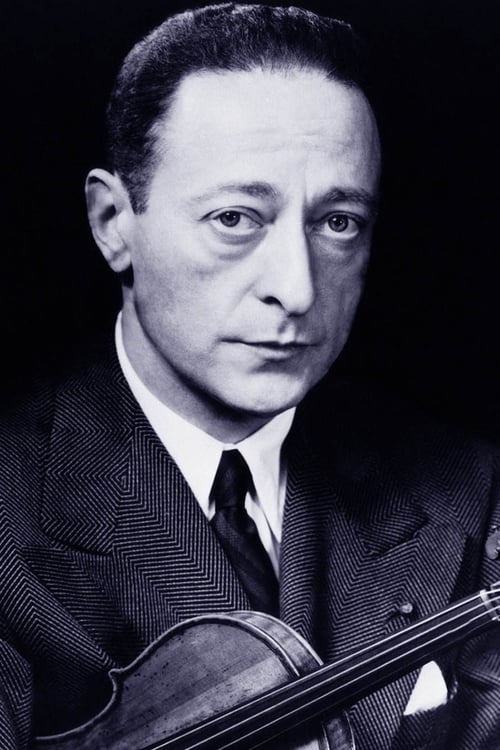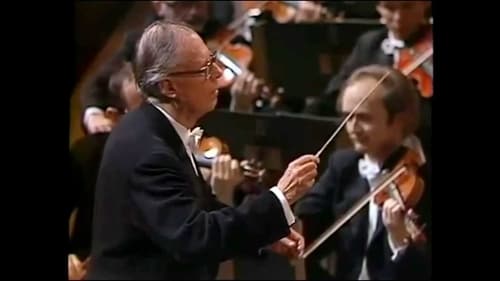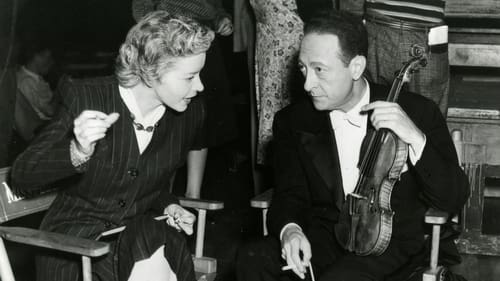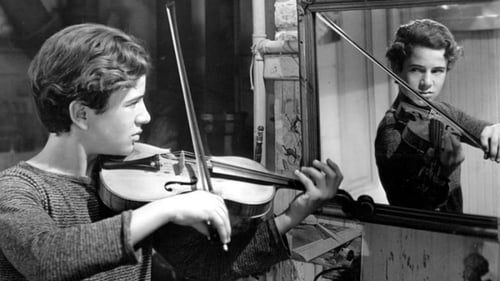Jascha Heifetz
출생 : 1901-02-02, Vilnius, Lithuania
사망 : 1987-12-10
약력
From Wikipedia
Jascha Heifetz (/ˈhaɪfɪts/; February 2 [O.S. January 20]
1901 – December 10, 1987) was a Lithuanian-born American violinist. He was born
in Vilnius. As a teen, he moved with his family to the United States, where his
Carnegie Hall debut was rapturously received. He had a long and successful
performing and recording career; after an injury to his right (bowing) arm, he focused
on teaching. The New York Times called him "perhaps the greatest violinist
of all time."
Heifetz played a featured role in the movie They Shall Have
Music (1939) directed by Archie Mayo and written by John Howard Lawson and
Irmgard von Cube. He played himself, stepping in to save a music school for
poor children from foreclosure. He later appeared in the 1947 film, Carnegie
Hall, performing an abridged version of the first movement of Tchaikovsky's
Violin Concerto, with the orchestra led by Fritz Reiner, and consoling the star
of the picture, who had watched his performance. Heifetz later recorded the
complete Tchaikovsky concerto with Reiner and the Chicago Symphony Orchestra as
one of RCA Victor's "Living Stereo" discs. In 1951, he appeared in
the film Of Men and Music. In 1962, he appeared in a televised series of his
master classes, and, in 1971, Heifetz on Television aired, an hour-long color
special that featured the violinist performing a series of short works, the
Scottish Fantasy by Max Bruch, and the Chaconne from the Partita No. 2 by J.S.
Bach. Heifetz even conducted the orchestra, as the surviving video recording
documents.
The most recent film featuring Heifetz, Jascha Heifetz:
God's Fiddler, premiered on April 16, 2011 at the Colburn School of Music. It
is described as "The only film biography of the world's most renowned
violinist, featuring family home movies in Los Angeles and all over the world.
The documentary-like film talks about Heifetz's life and accomplishments and gives
an inside view of his personal life.
Heifetz died at Cedars-Sinai Medical Center in Los Angeles,
California in December 1987.




